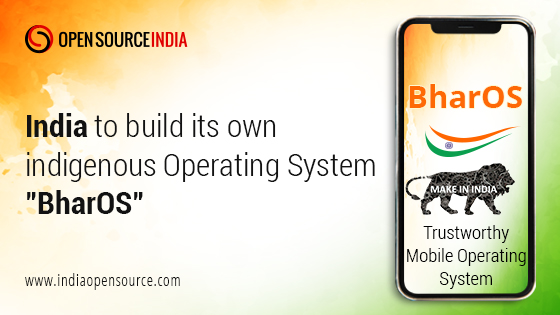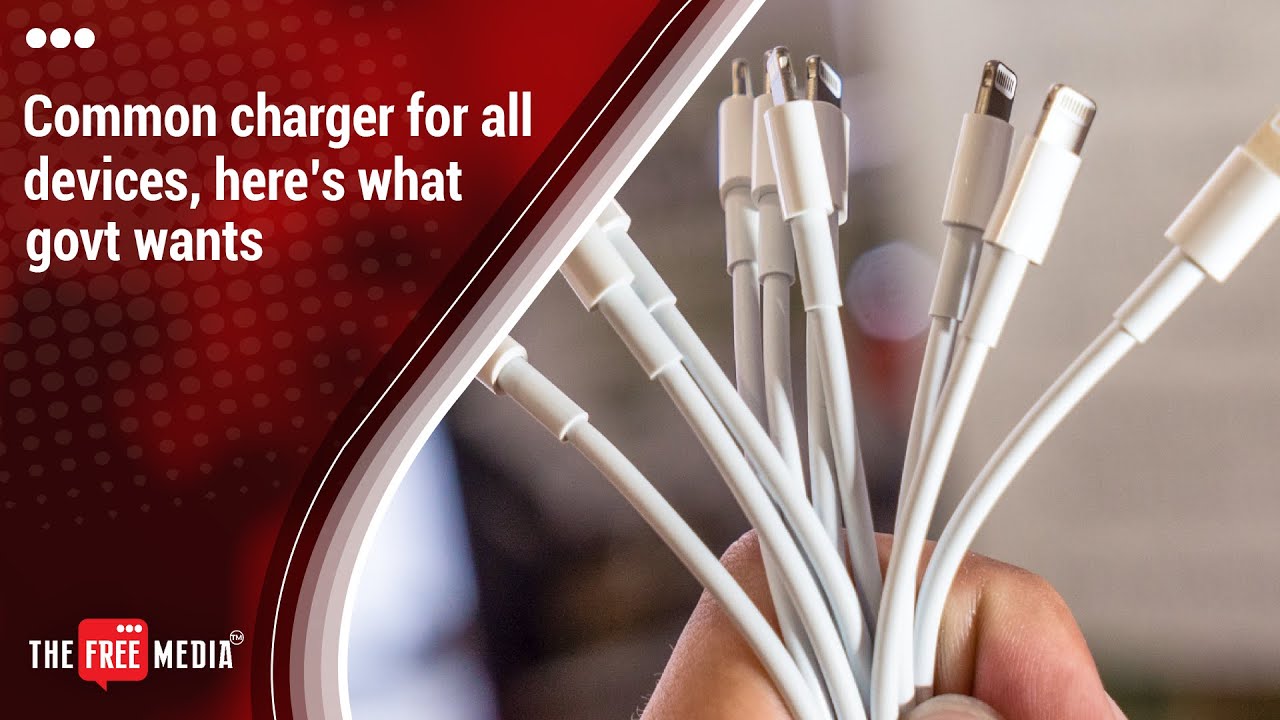Dharmendra Pradhan, Union Minister for Communications, Electronics and Information Technology, and Union Education Minister, tested ‘BharOS,’ an indigenous operating system developed by the Indian Institute of Technology, Madras, on Tuesday (IIT).”
“Congratulations to everyone involved in the system’s development. When our Prime Minister Narendra Modi spoke about digital India for the first time eight years ago, some of our friends mocked him, but today, technocrats, innovators, industries and policymakers, and academic institutions in the country have accepted his vision after many years,” he said.
“There will be difficulties along the way, and there are many people around the world who will bring difficulties and will not want any such system to succeed,” Mr. Vaishnaw said. BharOS is a new mobile operating system that priorities privacy and security. A mobile operating system, such as Android by Google or iOS by Apple, is software that serves as the primary user interface on a smartphone.
BharOS is a project funded by the Indian government to create a free and open source operating system for use in government and public systems. The project aims to reduce smartphone reliance on foreign operating systems and promote the use of locally developed technology. Creating an indigenous ecosystem and a self-sufficient future is a huge step forward.
BharOS services are currently provided to organizations with stringent privacy and security requirements, and whose users handle sensitive information that necessitates confidential communications on restricted mobile apps. Such users require private cloud service access via private 5G networks.
JandK Operations Private Limited created the BharOS, which was incubated by the IIT Madras Pravartak Technologies Foundation, a section 8 company run by IIT Madras. The foundation is supported by the Government of India’s Department of Science and Technology (DST) as part of its National Mission on Interdisciplinary Cyber-Physical Systems (NMICPS). It aspires to bring India up to speed with the few countries that already have such capabilities. There are no default apps in BharOS (NDA). This means that users are not forced to use apps with which they are unfamiliar or whom they do not trust. Furthermore, this approach gives users more control over the permissions that apps have on their devices, as they can limit access to certain features or data on their devices to apps that they have tested.
BharOS gives users access to trusted apps from company-specific Private App Store Services (PASS). A PASS grants access to a curated list of apps that have been thoroughly vetted and have met certain organizational security and privacy standards. This means that users can be confident that the apps they are installing are safe to use and have been thoroughly vetted for potential security flaws or privacy concerns.












